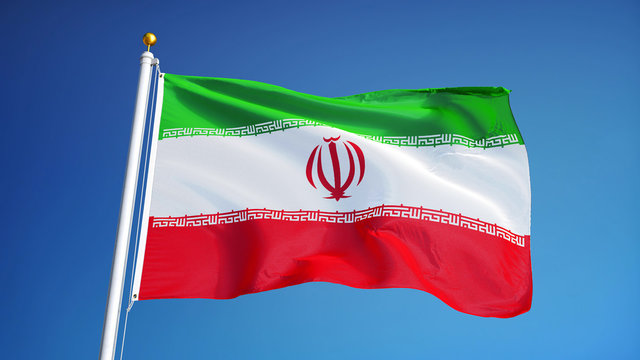The Rise of Iran Startup Ecosystem despite Sanctions
The rise of Iran's startup ecosystem in recent years is a remarkable phenomenon, particularly in light of the economic sanctions imposed on the country. Despite significant obstacles, Iranian entrepreneurs are leveraging unique advantages to forge a thriving environment for innovation and growth.

By Salma Ngongondo
One of the most significant assets of Iran's startup ecosystem is its youthful population. Approximately 60% of Iranians are under the age of 30, bringing energy and creativity to the entrepreneurial landscape and a natural inclination toward technology. This demographic is increasingly engaged in digital platforms, leading to a surge in tech-based startups. For example, Cafe Bazaar, an Iranian app store, has capitalized on this youthful interest by offering a platform for local developers to distribute their applications. With millions of downloads, it has become a cornerstone of Iran's app economy, showcasing the demand for digital solutions.
The rise in internet penetration has also been crucial for the development of the ecosystem. As of 2023, over 80% of the Iranian population has internet access, providing a robust foundation for digital businesses. This connectivity enables startups to reach broader audiences and facilitate services like e-commerce and fintech. Digikala, often referred to as the "Amazon of Iran," is a prime example. Founded in 2006, this e-commerce platform has thrived by meeting local consumer needs for a wide range of products, growing into one of the most valuable startups in the region.
Despite the challenges posed by sanctions, the Iranian government has recognized the importance of the tech sector and initiated various programs to support startups. Government-backed initiatives include the establishment of technology parks and funding opportunities aimed at fostering innovation. For instance, Iran's Vice Presidency for Science and Technology has launched programs to provide grants and resources to emerging tech firms, which have been pivotal in helping startups navigate the challenging landscape.
Sanctions have created significant gaps in the market, leading to a surge in local entrepreneurship aimed at fulfilling domestic needs. As traditional supply chains are disrupted, Iranian startups have stepped in to provide alternative solutions. ZarinPal, a payment gateway founded in 2011, exemplifies this trend. It has developed a platform that enables online businesses to accept payments securely, reflecting the growing demand for local fintech solutions.
The Iranian diaspora plays a crucial role in bolstering the startup ecosystem. Many expatriates are eager to invest in and mentor local entrepreneurs, fostering connections that transcend borders. For example, Kiva, a nonprofit organization, has facilitated microloans to Iranian entrepreneurs, enabling them to access capital that would otherwise be unavailable. This support not only helps startups financially but also provides valuable expertise and networking opportunities.
The entrepreneurial spirit in Iran is characterized by resilience and adaptability. Entrepreneurs are adept at finding innovative solutions to challenges posed by sanctions. Snapp, an Iranian ride-hailing service, has thrived by adapting its business model to local conditions, effectively competing against international giants like Uber and Lyft. Snapp's success illustrates how Iranian startups are not only surviving but thriving by understanding and responding to the unique needs of their market.
In conclusion, the rise of Iran's startup ecosystem amid sanctions is a testament to the country's entrepreneurial spirit and potential for innovation. Driven by a youthful population, increased internet access, government support, and resilience, Iranian startups are carving out a niche in the global tech landscape. Examples like Cafe Bazaar, Digikala, ZarinPal, and Snapp highlight the vibrancy and adaptability of this ecosystem. As the landscape continues to evolve, it is clear that the future of Iran's startups is filled with promise, offering a glimpse of a dynamic economy that is not easily stifled by external pressures.

Write your comment.